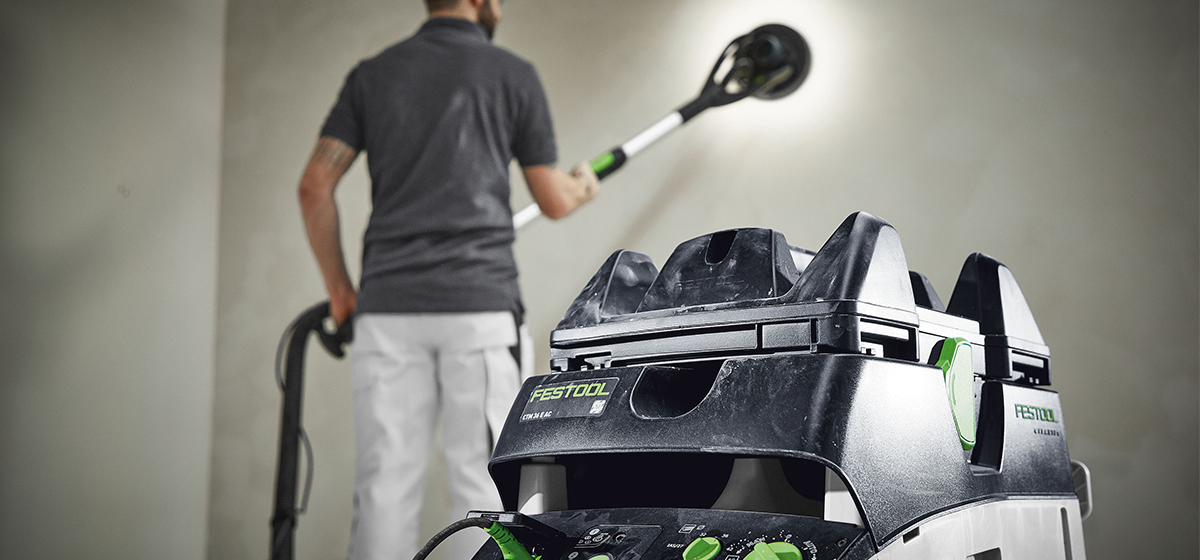
Healthy working and occupational safety are often neglected in the workplace, especially in small and medium-sized enterprises – although employees in the construction industry are known to be among the professional groups with the highest risk. For this reason, awareness of health and safety at work should be constantly increased, especially in such companies. It pays off in the long run as healthy employees are the most important capital in any company.
In everyday working life, legal requirements and regulations for healthy working and safety at work are often seen as an annoying duty. They pose organisational challenges, especially for small and medium-sized enterprises. However, the long-term benefits, such as higher productivity and competitiveness, are compelling. Occupational health and safety measures contribute to the prevention of accidents, reduce absences and lower the cost of continued pay.
An Australian Human Resources Industry report suggests that excessive workplace absence is a malaise that has a long history and is difficult to remedy. High absence rates rely on identifying and understanding the causes of the problem, yet more than a third of contributing respondents (39%) report that the underlying causes of absence are not investigated in their workplace
Risk assessments as a basis for healthy working and occupational safety
Risk assessments form the basis for suitable and effective measures to make working in the company safer and healthier. These are well worth the effort as weak points within the company can be identified and eliminated. Carrying out a risk assessment is a principle of the continuous improvement process that all businesses should undertake resulting in higher productivity. The respective scope of a risk assessment is based on the operational requirements and conditions of individual businesses where all known work processes are recorded and evaluated.
This also includes events and tasks that take place outside "normal" operating conditions, such as maintenance work, commissioning and decommissioning, procedures in the event of breakdowns, cleaning work or waste disposal. Depending on the size of the company, the management or respective team leaders carry out the assessment. The employees are actively involved as they themselves are best acquainted with the operational work processes, the risk factors the protective measures implemented so far and what potentially needs to be acted on.
It's worth the effort
Every employee matters, especially in small companies. Any absence due to an accident or illness has a negative impact on the operating result. According to the ustralian Human Resources Industry report 20% of the long-term effects of work related medical conditions could have been avoided by implementing simple measures.
Philipp Stahl"During renovation work and substrate preparation, in particular, sanding down cement-based filler, plaster filler, plaster or clear coats generates a huge amount of dust which is made up of particles that can cause permanent damage to your lungs and airways.”
“Dust-free work is therefore imperative and with suitable mobile dust extractors and the right system accessories from the dust extraction and sanding ranges, Festool provides the ideal all-inclusive package for painters, floor tilers, drywallers and all renovation and restoration companies.”
Application Engineer at Festool
The survey also highlights of the importance of Health and wellbeing promotion/initiatives with 41% in favour of the workplace initiatives.
When it comes to working with dangerous Silica dust, Festool systems are tested & safe!







